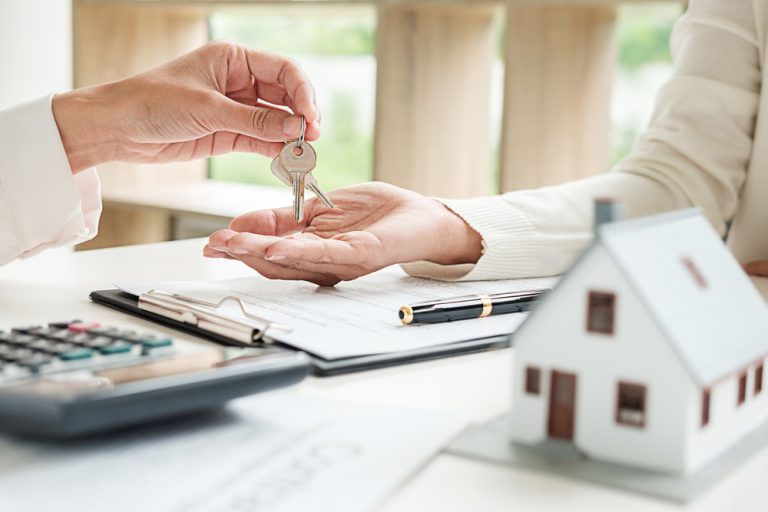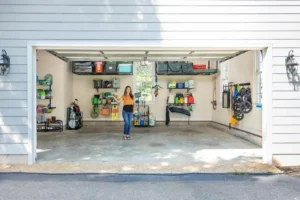When setting a listing price in France, sellers often ask whether automated valuation models (AVMs) or human expertise deliver the most accurate outcomes. In practice, both have strengths and weaknesses, and a strong évaluation must combine algorithmic data with local, professional judgment. Without this balance, valuations risk becoming either too mechanical or too subjective, undermining credibility and deal success.
Automated valuation models: promise and pitfalls
AVMs use large datasets of past transactions, combined with statistical techniques, to predict the likely value of a maison. They are fast, inexpensive, and scalable. In France, AVMs have become increasingly common on agency websites, offering instant price ranges. However, their accuracy depends on data quality. Sparse transaction data in smaller communes or outdated records can produce errors of 10 percent or more. Sellers relying solely on AVMs may enter the market with unrealistic expectations.
Data drift and feature limitations
One of the core challenges in algorithmic evaluation is data drift. For example, if buyer preferences shift toward energy-efficient maisons due to rising energy prices, but the AVM model weights square footage more heavily, the result underestimates the premium for high DPE ratings. Similarly, unique features—like a vineyard plot or historic architecture—cannot be properly captured by models trained on standard properties. This highlights the importance of human oversight.
Human expertise: contextualising value
Professional valuers and agents add nuance to evaluation by incorporating intangible or emerging factors. For instance, they know when an upcoming tramway extension will increase maison value in a given arrondissement, even if no data yet exists to confirm it. They can also assess the impact of layout, street noise, or interior design trends that data alone cannot quantify. This contextualisation bridges the gap between raw numbers and market reality.
Governance and auditability in evaluation
French regulators increasingly emphasise transparency in property valuation, especially when linked to bank financing. This has led to growing demand for explainable models and auditable valuation processes. Sellers and buyers alike are entitled to know why a maison is valued at a certain range. Agencies that adopt governance protocols—documenting data sources, explaining assumptions, and updating models regularly—gain credibility and reduce disputes.
Integrating models and experts: a hybrid framework
The most reliable evaluation is not a choice between algorithm and expert, but a reconciliation of both. Agencies like LDagence can use AVMs to generate a baseline corridor, then apply professional judgment to refine it. This hybrid model ensures consistency, reduces bias, and provides confidence intervals. Buyers perceive this approach as transparent and rigorous, while sellers benefit from more defensible pricing.
Seller-facing communication of uncertainty
Communicating that valuation is an interval, not a precise point, helps manage seller expectations. Presenting a maison as worth €480,000–€500,000, rather than an exact €490,000, reflects market uncertainty and reduces disappointment if offers fall slightly below expectations. It also signals professionalism, as buyers respect agencies that acknowledge market variability rather than projecting false precision.
Practical steps for sellers
-
Check AVMs: Use them as a quick baseline but never rely on them exclusively.
-
Request expert review: Ask agents to adjust for local conditions, future infrastructure, and unique features.
-
Demand transparency: Ensure assumptions and comps used in the evaluation are disclosed.
-
Revisit regularly: Update valuations if the maison stays unsold beyond 60–90 days.
-
Frame as a corridor: Treat valuations as ranges to support flexible negotiation.
Conclusion
In France, accurate évaluation requires governance, transparency, and the integration of models with human expertise. AVMs alone are not enough, but dismissing them overlooks the efficiencies they bring. Sellers who rely on hybrid frameworks, reinforced by explainability and regular updates, achieve stronger negotiation positions and more resilient pricing strategies.
FAQs
Q. Are online valuations accurate enough to set a listing price?
They provide a useful starting point but lack nuance. Sellers should always confirm figures with professional expertise.
Q. Why do valuations sometimes differ significantly between tools?
Different AVMs use different data sets and algorithms, leading to varying outputs. Human review ensures consistency.
Q. Can valuations predict future appreciation?
Not directly. They assess current market value, though experts may incorporate knowledge of upcoming projects that could influence appreciation.
Q. What is the risk of relying on a single comparable sale?
It introduces bias, as one sale may not represent broader market conditions. Multiple comps reduce error.
Q. How do banks evaluate properties for mortgage approval?
They often rely on conservative appraisals or internal models, which may produce lower values than agency estimates.















